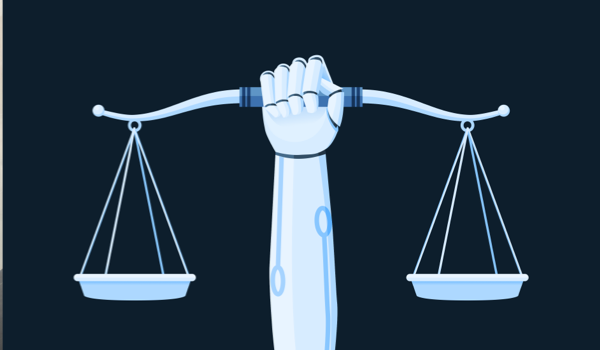


GLASGOW - Nowadays, it is almost impossible to talk about economics without invoking Adam Smith. People take for granted many of his concepts, such as the division of labor and the invisible hand. When he was writing about them, such ideas often went against the grain, but he kept pushing boundaries and questioning established thinking.
Smith grappled with how to advance wellbeing and prosperity at a time of great change. The Industrial Revolution was ushering in new technologies that would revolutionize the nature of work, create winners and losers, and potentially transform society, but their full impact was not yet clear: When Adam Smith published his famous book, The Wealth of Nations, it was the same year James Watt unveiled his steam engine.
Today, the world finds itself at a similar inflection point, where a new technology, generative artificial intelligence (GAI), could change people’s lives in spectacular - and possibly existential - ways. GAI could even redefine what it means to be human.
Given the parallels between Adam Smith’s time and today, one ought to consider the following thought experiment: If he were alive today, how would Adam Smith have responded to the emergence of this new ‘artificial hand’?
Beyond the invisible hand
To answer this question, one should start by looking at The Wealth of Nations. A seminal idea in this work is that the wealth of a country is determined by the living standards of its people, and that those standards can be raised by lifting productivity, i.e., the amount of output produced per worker. This idea is especially relevant today because global productivity growth has been slowing for more than a decade, undermining the advancement of living standards.
Arti
The content herein is subject to copyright by The Yuan. All rights reserved. The content of the services is owned or licensed to The Yuan. Such content from The Yuan may be shared and reprinted but must clearly identify The Yuan as its original source. Content from a third-party copyright holder identified in the copyright notice contained in such third party’s content appearing in The Yuan must likewise be clearly labeled as such. Continue with Linkedin
Continue with Linkedin
 Continue with Google
Continue with Google








 822 views
822 views








